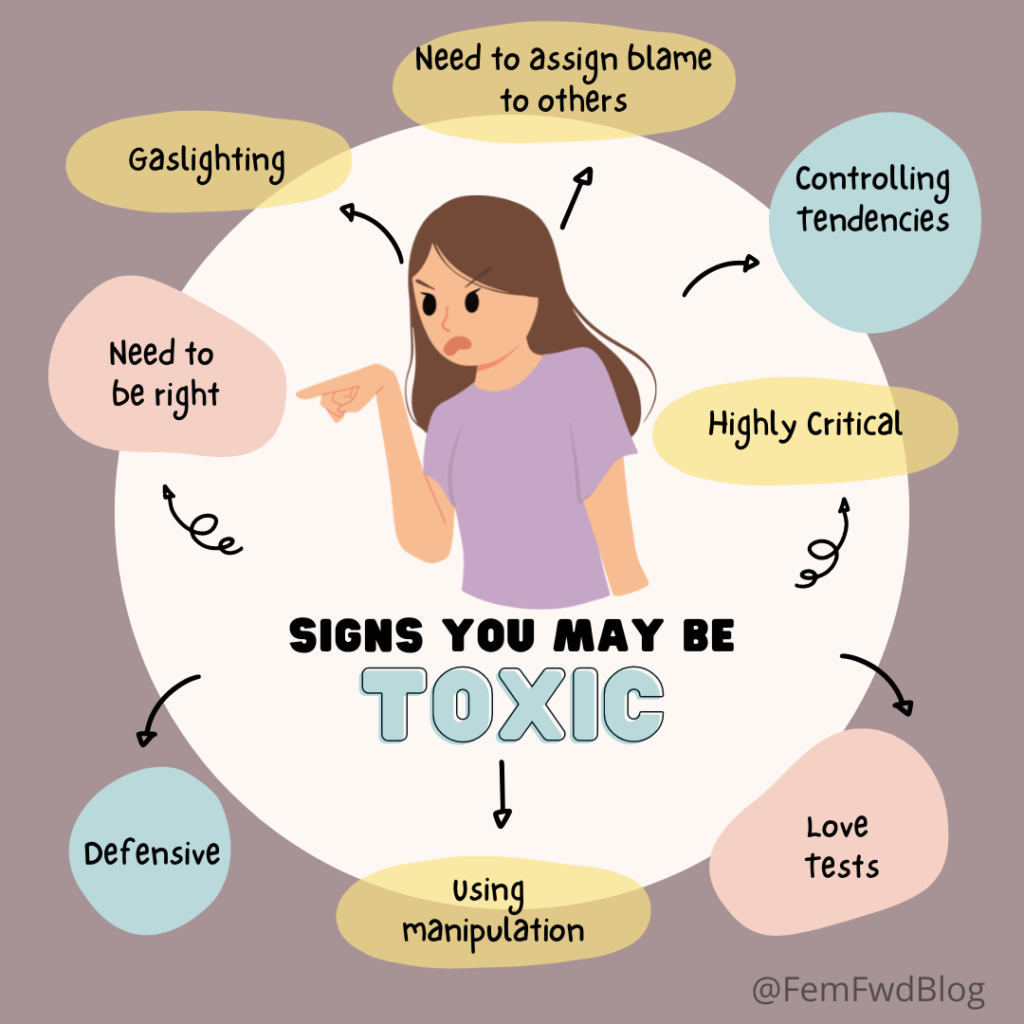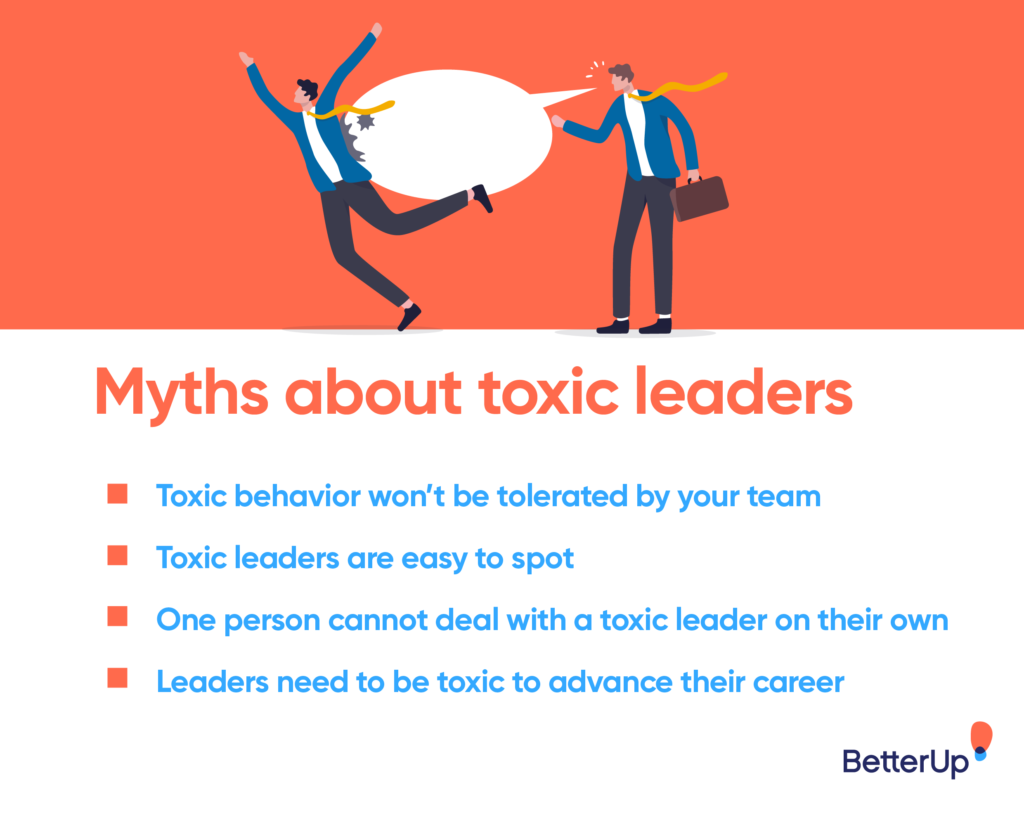In today’s fast-paced world, toxicity has seeped into various aspects of life, from personal relationships to workplaces and broader societal structures. This “poison” takes many forms, such as negativity, discrimination, misinformation, and exploitation, all of which erode mental well-being and societal trust. An anti-poisonous society aims to eradicate these harmful influences, creating an environment that prioritizes compassion, equity, and collective growth.
The Invisible Poisons in Society
Toxicity doesn’t always appear in physical forms like pollutants or chemicals; it can manifest as harmful behaviors and norms. Social media, for example, often becomes a battleground for toxic interactions, cyberbullying, and divisive rhetoric, overshadowing the potential for meaningful connection. In workplaces, toxicity appears in the form of exploitation, lack of recognition, and environments that prioritize profit over employee well-being.
These issues are not isolated. They ripple through communities, affecting mental health, relationships, and overall societal cohesion. Addressing these invisible poisons is a vital step toward fostering a more harmonious world.
The Vision of an Anti-Poisonous Society
An anti-poisonous society envisions a world free from the corrosive effects of negativity. It seeks to cultivate spaces where mutual respect, understanding, and positivity thrive. Such a society recognizes the importance of mental health, inclusivity, and shared accountability in shaping a better future. By removing toxic behaviors and ideologies, we can empower individuals and communities to achieve their fullest potential.
Eliminating Toxicity Through Empathy and Education
The foundation of an anti-poisonous society lies in empathy and education. Teaching individuals to understand and respect diverse perspectives reduces hostility and promotes cooperation. Empathy allows people to connect on a deeper level, fostering trust and compassion in relationships, workplaces, and communities.

Education plays a vital role in combating misinformation and harmful ideologies. By encouraging critical thinking and media literacy, societies can shield themselves against divisive narratives. Institutions must prioritize creating awareness about the dangers of toxicity and the benefits of embracing inclusivity.
The Role of Leadership and Media in Change
Leaders in government, businesses, and media have an immense responsibility in driving societal transformation. Ethical leadership can inspire trust and motivate others to adopt positive practices. When leaders model respect and inclusivity, they set a standard for others to follow.


The media, too, has a profound influence on societal norms. By promoting constructive narratives and steering away from sensationalism, it can act as a catalyst for positivity. Highlighting stories of collaboration, resilience, and progress can shift the public focus from negativity to inspiration.
A Future Free from Toxicity
Building an anti-poisonous society requires the collective efforts of individuals, institutions, and communities. Each person has the power to reject harmful behaviors and embrace actions rooted in kindness, respect, and understanding. While the journey may seem daunting, it begins with small but meaningful steps. By addressing toxicity in its many forms, we can pave the way for a future where harmony, equity, and mental well-being prevail.

